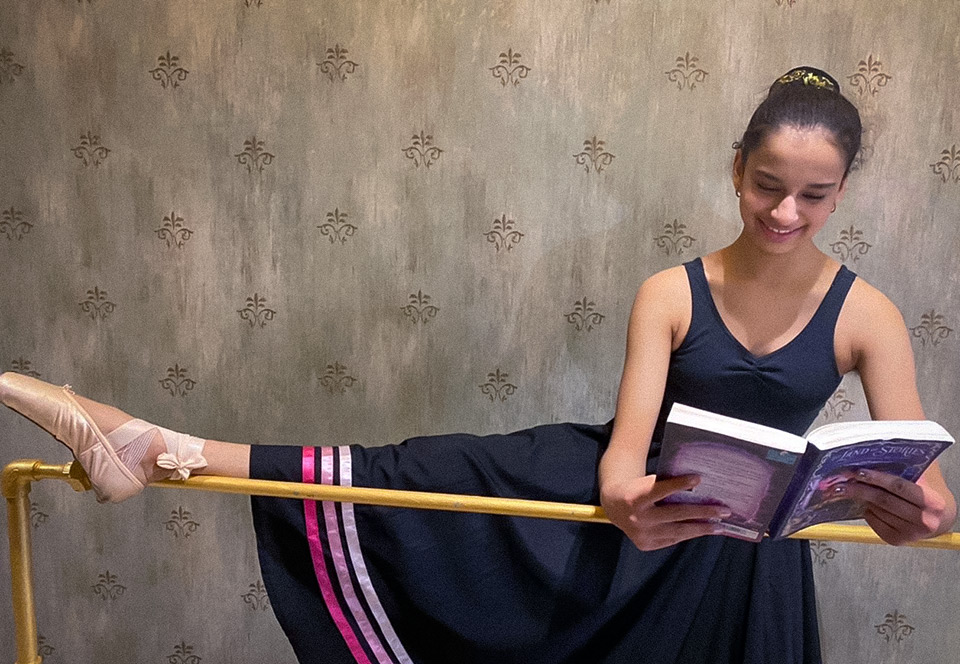I am Generation Equality: Nitya Rathi, 13-year-old Indian gender equality and disability activist
Billions of people across the world stand on the right side of history every day. They speak up, take a stand, mobilize, and take big and small actions to advance women’s rights. This is Generation Equality.
Date:
Author: Nitya Rathi


Three actions you take to promote gender equality:
- Stand up and speak up against those who are following wrong stereotypes against anyone, human or animal.
- Don’t worry about what people think.
- Voice your opinions and follow your dreams.
I am Generation Equality because…
I may be young, but I have strong opinions and am not scared to voice them. I strongly believe in defending those who cannot speak up for themselves, whether an animal or a child being bullied. It is important to me that everyone is treated fairly, irrespective of whether they are rich or poor, girl or boy, able or differently abled, human or animal.
Don’t pick on people with disabilities
I was diagnosed with dyslexia in Grade 2. However, my math and English teachers in Grade 3 would gang up against me and would always pick on me for my spelling, slow reading and understanding. Even though my friends constantly supported me and wanted to help me, when my teacher picked on me, I felt very sad. I felt like I did not deserve to go to school. But then I started language therapy, and my reading and spelling has become better. That’s when my mom told me that many students have to go through what I did and do not get the help they needed.
So I decided to write the story of Purple Flame to create awareness about disabilities.
“I was inspired by the book Good Night Stories for Rebel Girls: 100 Tales of Extraordinary Women and decided that we needed to do something like that in India. ”
I am trying to break the stereotype that only boys can be smart, and that if boys are dyslexic, they are not … a disgrace to the family, like girls are. I want people to become aware of the strengths of people with disabilities, and that we should include them in everything. We should not judge them for their weaknesses.
Spread the word to other youths
I was inspired by the book Good Night Stories for Rebel Girls: 100 Tales of Extraordinary Women and decided that we needed to do something like that in India. I co-founded the initiative with my brother to help children like ourselves become aware about gender inequality. Through the platform we interact with female leaders who have broken stereotypes. We have reached over 500 children, both boys and girls, through our initiatives. Initially we did the events in person, but because of the pandemic, we have moved online. We now have a website and Instagram page which we use for campaigns.